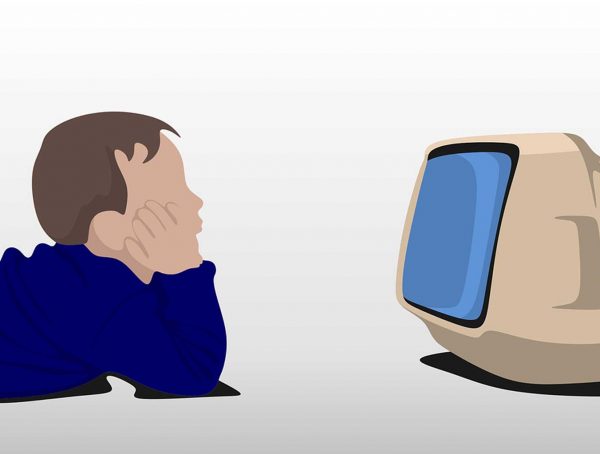This study uses the SOC model: Selection, Optimization, and Compensation, with a primary focus on the selection (utilization of television as a resource to achieve a goal of information, entertainment, etc) and compensation (utilization of television as a substitute for activities no longer available).
STUDY 1: Researchers regrouped 180 participants from the Netherlands, among whom 101 young adults recruited via social media and email, and 79 older adults recruited in nursing homes.
The research consisted of questionnaires, filled on paper for older adults and online for younger adults. Several elements were evaluated on scales from 1 to 5 (strongly disagree/strongly agree): subject well-being, perceived social integration, perceived health, followed by questions on selective and compensatory media use as well as a survey of the number of hours spent watching TV (television use habits).
Results found that older adults have a higher level of compensatory media use than younger adults, but they are not necessarily more likely to use the TV for selective use than younger adults. As the researchers put it, “Compensatory media use had an overall negative association with subjective and social well-being as perceived health. In contrast, selective media use was positively related to indicators of “well-being”. This means that when used in a compensatory manner (as a substitution for other social activities for instance) television is perceived as unsatisfactory.
STUDY 2: Researchers decided to go further and focused on whether the same research process on active older adults would provide the same results. They regrouped subjects from Germany and kept the same research categories (subject well-being, perceived health, etc). Results confirmed that selective media use is perceived as overall positive and enhancing well-being, although compensatory media use is perceived as overall negative and dissatisfying.
To read more: https://www.tandfonline.com/doi/full/10.1080/08838151.2020.1721259
Matthias Hofer and Allison Eden (2020) Successful Aging Through Television: Selective and Compensatory Television Use and Well-Being, Journal of Broadcasting & Electronic Media, Vol. 64, No. 2, 131-149, DOI: 10.1080/08838151.2020.1721259








